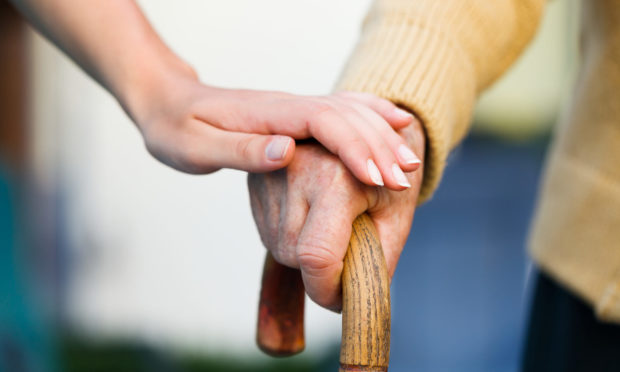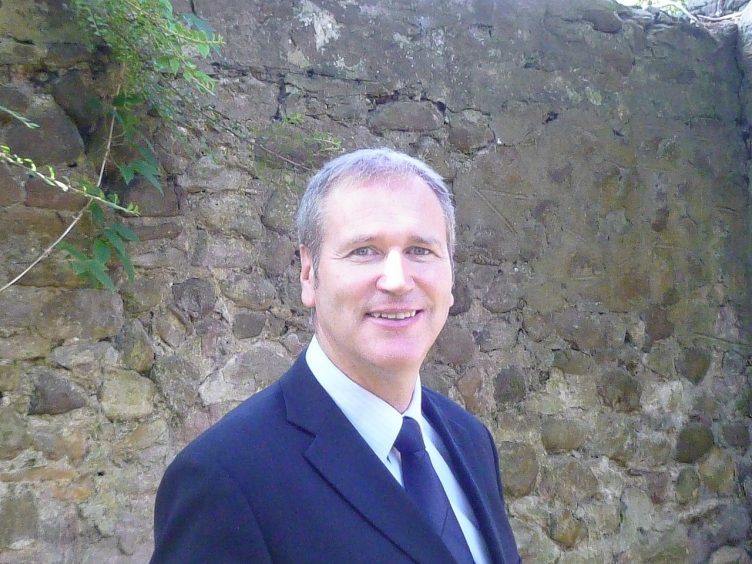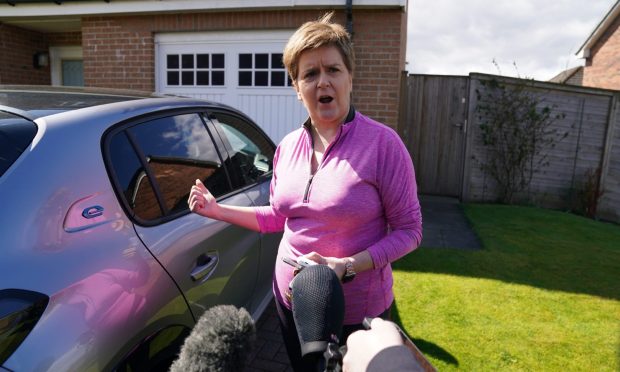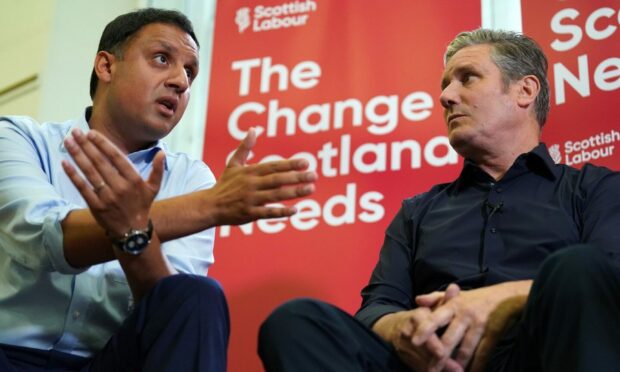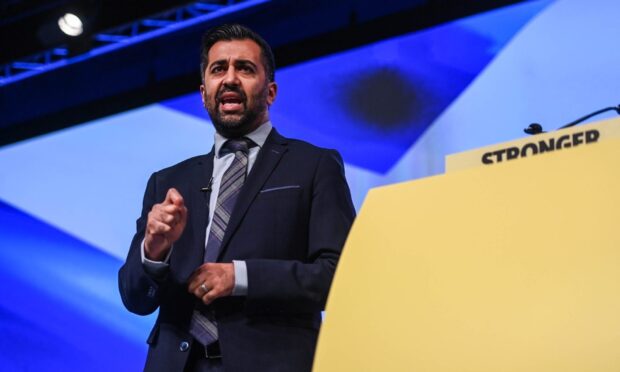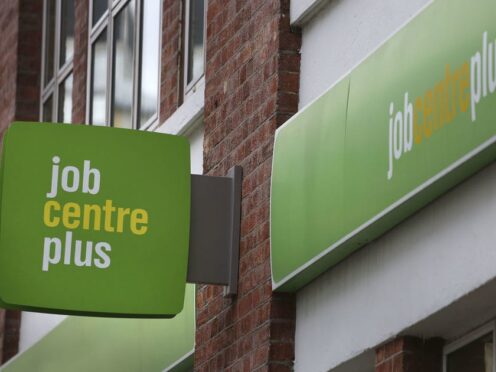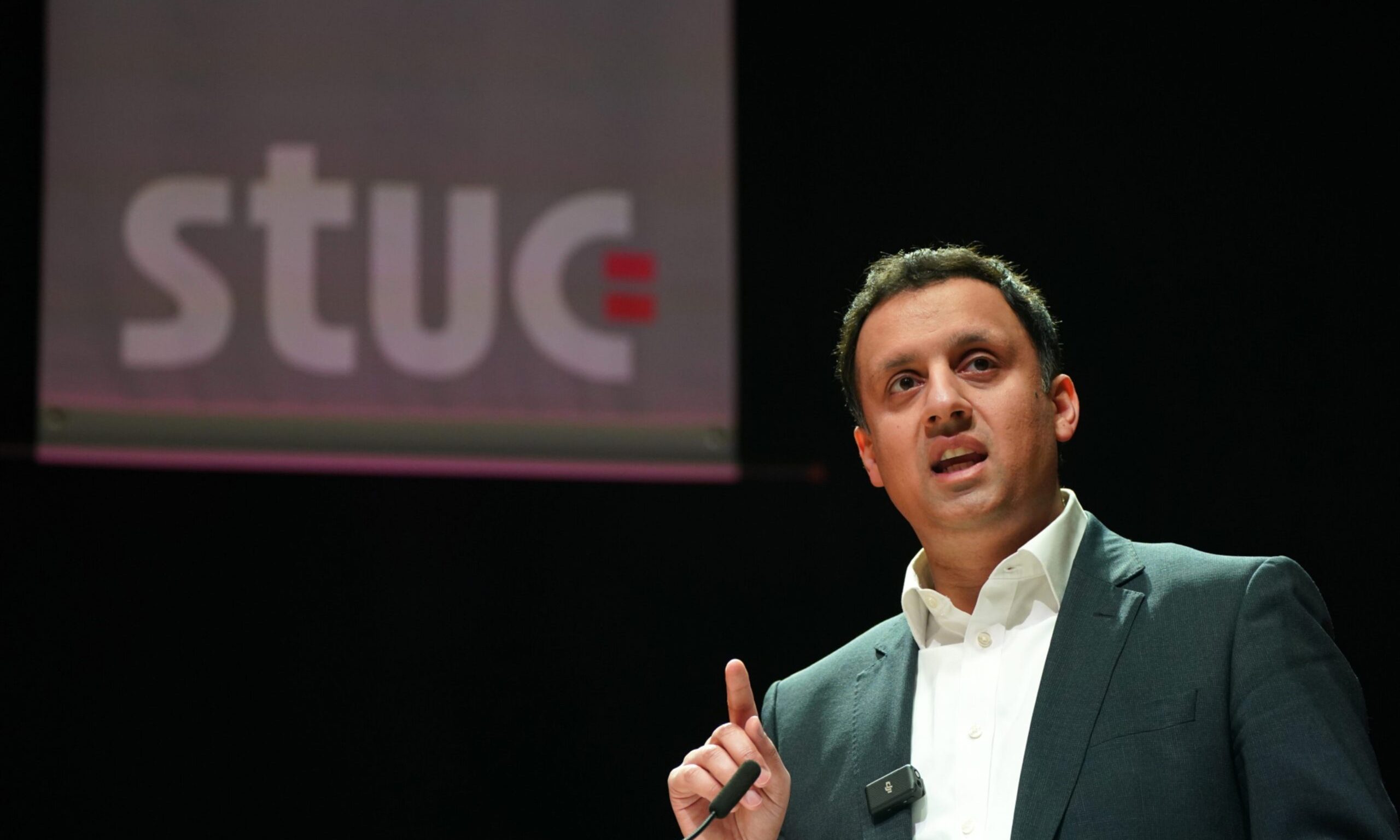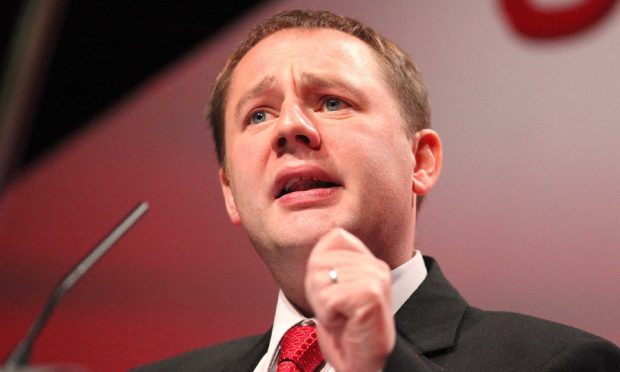A proposed overhaul of UK immigration will plunge social care in Scotland into a “full-blown crisis”, causing “irreparable damage” that will impact on the lives of thousands of vulnerable people.
The stark warning was delivered by charity bosses and care home operators as they united to condemn plans to block low-paid staff from getting visas to work in Britain.
There are believed to be about 17,000 non-UK EU nationals working in health and social care services in Scotland, including 9,830 in the social care sector alone.
Even before any changes to visa rules, the Coalition of Care & Support Providers in Scotland said that vacancy rates currently stand at 38%.
Restricting the ability of care workers to come to Scotland could tip this into a full-blown crisis.”
Fears are now intensifying that chronic staff shortages in the vital sector will be exacerbated by a post-Brexit shake-up of immigration rules, which would only allow people to work in the country if they have certain qualifications or pay grades.
Home Secretary Priti Patel said the government wanted to “encourage people with the right talent” and “reduce the levels of people coming to the UK with low skills”.
However, the proposals were widely criticised among care sector leaders.
The knock-on effect of the new strategy is potentially huge.”
Jill Kerr, group chief executive officer of Perth-based Balhousie Care Group, which has 26 care homes and specialist facilities across Scotland, was among those raising concerns.
“The care sector is in the midst of what can only be termed a recruitment crisis and it’s difficult to see how the government’s new immigration strategy will improve matters, given the number of highly valued employees in the sector who are recruited from Europe,” she said.
“The knock-on effect of the new strategy is potentially huge, which is why we think Westminster should review the rules and have a good look again at the implications.
“We’re already seeing a ‘Brexit effect’ at Balhousie Care Group.
“Where we have vacancies in our homes we are having to get smart in how we attract people. This includes offering staff accommodation, sign-on bonuses and competitive pay rates.”
The message was echoed by Age Scotland chief executive Brian Sloan, who said care providers were already under “enormous strain”, and “struggling with recruiting and retaining appropriately skilled staff”, with many relying on relatively low-paid workers who “provide essential daily help to older people and those with disabilities”.
He added: “We heard only this week that delayed discharges are at sky-high levels, with at least nine Scots dying in hospital each week waiting for a care package in their community.
“Restricting the ability of care workers to come to Scotland could tip this into a full-blown crisis, with a serious impact on health and quality of life.”
We have presented here a system which will do irreparable damage and will impact on the lives of thousands of ordinary Scots.”
Donald Macaskill, chief executive of Scottish Care, which represents social care providers across Scotland, said it was “offensive” and “damaging” to treat crucial care workers as unskilled.
“Instead of a progressive immigration policy which is aimed at enhancing the economic and social well-being of our country, we have presented here a system which will do irreparable damage and will impact on the lives of thousands of ordinary Scots who will see the loss and diminution of critical care services,” he added.
I am so annoyed that the #immigration debate has focussed on #care as being low-skilled ! What is low skilled about empathy and compassion and building trust for those at the end of life or living with #dementia? #careaboutcare @scottishcare
— Donald Macaskill (@DrDMacaskill) February 19, 2020
CCPS (Coalition of Care & Support Providers in Scotland) represents more than 80 providers in Scotland’s third sector.
A CCPS spokesman said: “As key providers of not-for-profit care and support in Scotland our members are disappointed with the introduction of today’s Immigration Bill.
“Providers already face huge challenges in recruiting and retaining the staff needed, with vacancies in social care standing at 38%.
“The proposed wage threshold of £25,600/annum will make it even harder to find the right staff as it significantly restricts their ability to recruit from outwith the UK.
“Our members do not recognise the description of social care as not ‘a job at an appropriate skill level’.
“Social care workers, like their NHS colleagues, do skilled and demanding work.”
“We call on the UK Government to recognise their valuable work supporting people with social care needs to live independently and well.”
